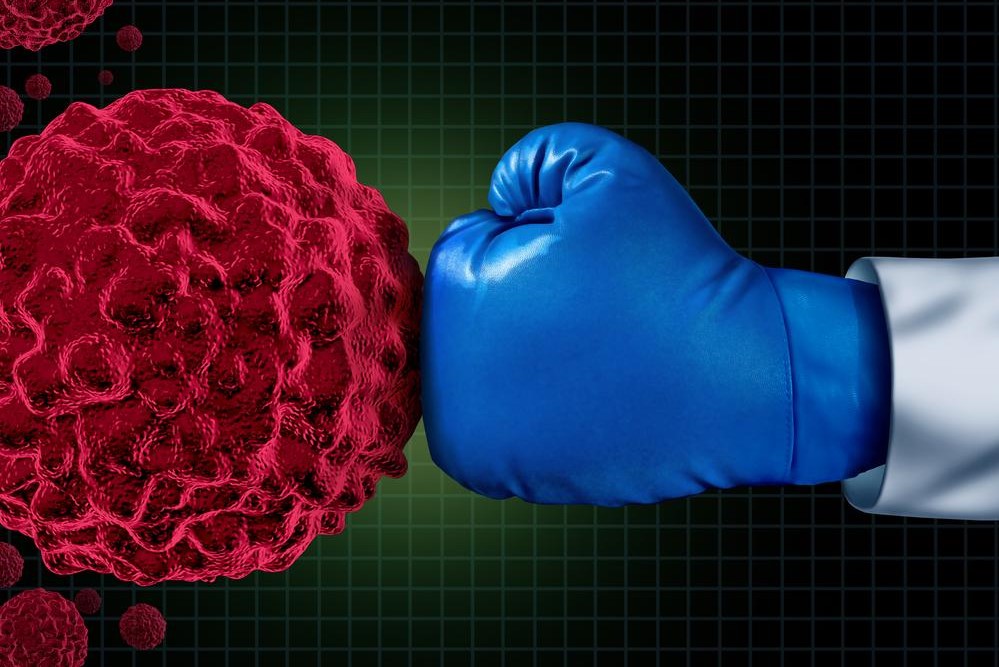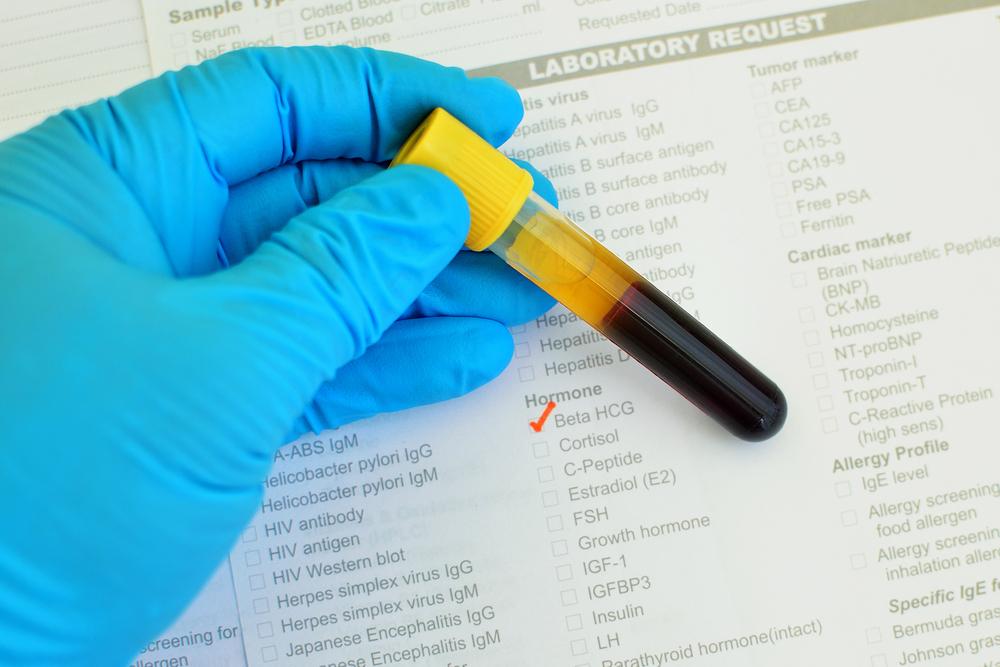Comprehensive Guide to the Primary Types of Immunotherapy in Cancer Treatment
This comprehensive guide explores the main types of immunotherapy used in cancer treatment, including oncolytic virus therapy, monoclonal antibodies, cancer vaccines, non-specific immunotherapies, and CAR-T therapy. Discover how these innovative approaches harness the immune system to fight cancer, improve outcomes, and offer new hope for personalized treatment options. Learn about the mechanisms, benefits, and future prospects of immunotherapy in modern oncology, contributing to advances in cancer care worldwide.

Comprehensive Guide to the Primary Types of Immunotherapy in Cancer Treatment
Immunotherapy, frequently referred to as biologic therapy, has revolutionized the landscape of cancer treatment by harnessing the power of the body's immune system. This innovative approach involves the use of specially engineered or naturally occurring substances aimed at empowering the immune defenses to effectively identify and combat cancer cells. The core objective of immunotherapy is to bolster the body's natural defenses, prevent the proliferation and spread of malignant cells, and inhibit tumor progression. As this field advances, various forms of immunotherapy have emerged, each tailored to target cancer in specific ways, allowing for highly personalized and effective treatment options tailored to individual patient needs.
Immunotherapy’s success lies in its ability to activate or modulate the immune response, making it a promising alternative or complement to traditional therapies like chemotherapy and radiation. The following are some of the most prominent types of immunotherapy used in contemporary cancer treatment, along with their mechanisms, benefits, and considerations.
Oncolytic Virus Therapy
One of the most innovative techniques in cancer immunotherapy involves utilizing genetically modified viruses known as oncolytic viruses. These viruses are designed to specifically target and infect cancer cells, causing them to rupture and die. The beauty of this approach is that it directly destroys tumors while simultaneously sparking a broader immune response. When oncolytic viruses infect cancer cells, they release tumor antigens that alert the immune system, rallying immune cells to recognize and attack remaining cancerous tissues. Since these viruses are engineered to spare healthy cells, off-target effects are minimized, making this a promising area of research and clinical application.
Monoclonal Antibodies
Monoclonal antibody therapy has become a cornerstone of targeted cancer treatment. These lab-engineered antibodies are designed to bind to specific proteins on the surface of cancer cells. By doing so, they help the immune system identify and destroy malignant cells more efficiently. Additionally, monoclonal antibodies can interfere with signaling pathways that promote tumor growth and survival, effectively blocking the progression of disease. Examples include trastuzumab for HER2-positive breast cancer and rituximab for certain lymphomas. Their precision in targeting tumor-specific antigens reduces damage to normal tissues and enhances treatment efficacy.
Cancer Vaccines
Unlike traditional vaccines that protect against infectious diseases, cancer vaccines work by stimulating the immune system to recognize and attack cancer cells. These vaccines introduce specific tumor-associated antigens to the body, prompting the immune system to mount a targeted response. Cancer vaccines can be used for both therapeutic purposes—treating existing cancers—and preventive measures against specific cancer types. An example includes the HPV vaccine, which significantly decreases the risk of cervical and other HPV-related cancers. Researchers continue to explore personalized vaccine approaches based on individual tumor profiles, promising highly effective cancer immunization strategies in the future.
Non-specific Immunotherapies
This category encompasses treatments that broadly stimulate the immune system without targeting specific cancer antigens. Interferons and interleukins are key players here. Interferons are proteins that enhance immune cell activity and inhibit tumor growth, widely used across various cancer types like melanoma and leukemia. Interleukins, particularly IL-2, promote the proliferation of immune cells such as T-cells and natural killer (NK) cells. They are notably helpful in treating cancers like renal cell carcinoma and melanoma. These therapies are often combined with other treatments such as chemotherapy or radiation to maximize their effectiveness and stimulate a more robust anti-tumor response.
T-cell Therapy (CAR-T Therapy)
Chimeric Antigen Receptor T-cell therapy, or CAR-T therapy, represents a groundbreaking advancement in personalized cancer immunotherapy. This process involves extracting a patient’s own T-cells, then genetically modifying them to produce specific receptors that recognize cancer cell markers. Once these receptors are expressed, the modified T-cells are multiplied to generate a large army of cancer-fighting cells, which are then re-infused into the patient. These engineered T-cells can seek out and destroy cancer cells with remarkable precision and potency. CAR-T therapy has shown significant success in treating certain blood cancers, such as leukemia and lymphoma, and ongoing research is exploring its application to solid tumors.
In conclusion, immunotherapy offers a diverse arsenal of treatment options that target cancer at the immune system level. Each type of immunotherapy has its own unique mechanisms, advantages, and potential challenges, emphasizing the importance of personalized treatment planning. As research continues to evolve rapidly, immunotherapy is poised to become an even more integral part of comprehensive cancer care, providing hope to millions of patients worldwide seeking more effective and less invasive treatment alternatives.





